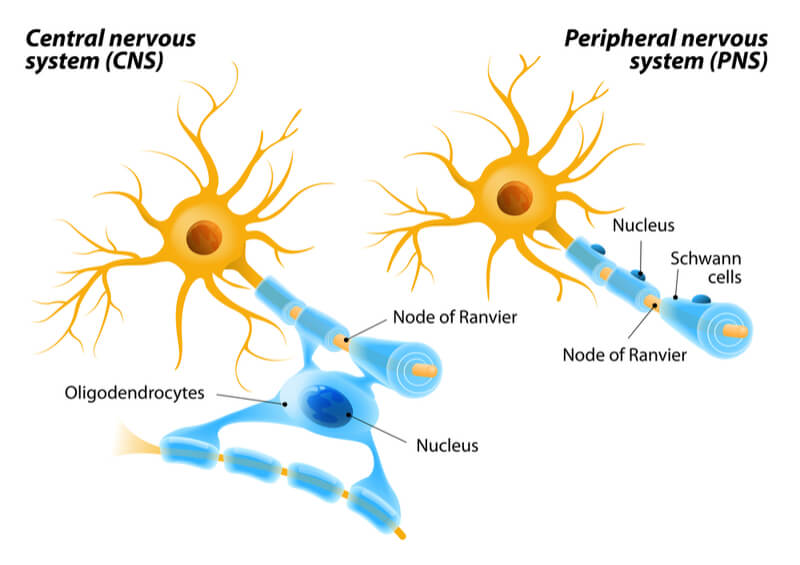Estrogen receptors are switched off in aggressive cases of neuroblastoma so scientists have tested boosting estrogen activity to fight the disease.
Researchers at the Karolinska Institutet in Stockholm have found that there could be a role for the female sex hormone estrogen in neuroblastoma, a form of cancer that tends to affect young children. The results of experiments in the lab, published in PNAS, found that estrogen treatment and the overexpression of the estrogen receptor triggers neuroblastoma cells to mature into neuron-like cells. This provides hope that new treatments could be developed for the deadly disease.
Neuroblastoma affects the peripheral nervous system and, with around 100 cases diagnosed in the UK each year, it is one of the most common solid tumors in young children. The disease originates in neuroblasts – a primitive nerve cell that matures into a neuron – found in the adrenal glands or in the nerve tissue at the back of the abdomen. While the disease can disappear on its own or remain benign in many cases, the disease will spread in around 50% of patients via the lymphatic system, most commonly to the bones, liver, and skin.
Particularly aggressive forms of neuroblastoma are often associated with an overactive MYCN gene, which drives the growth and spread of tumor cells, as well as the inhibition of cell maturation. Marie Arsenian-Henriksson’s group at the Karolinska’s Department of Microbiology, Tumour and Cell Biology, has focused on the activity of this gene in neuroblastoma. In a previous study, her group found that MYCN produces microRNA molecules that disable the estrogen receptor, ERalpha.

Now, using tumor tissue from patients and neuroblastoma mouse models, Arsenian-Henriksson’s group has found that inhibiting these microRNAs or combining estrogen therapy with the ERalpha overexpression can cause aggressive neuroblastoma cells to mature into neuron-like cells. This causes them to lose dangerous characteristics like rapid growth. In addition, patients with high estrogen levels were seen to have a better chance of survival.
However, the overexpression of estrogen could be a risky approach, with high levels of the hormone implicated in breast cancer. Therefore, perhaps it is best to focus on developing some of the new cancer-fighting techniques that have started to come through the clinic, including CAR-T cell therapy. Novartis and Gilead both had their candidates approved by the FDA in 2017 and want to expand its application from blood cancers to solid tumors.
Whether or not manipulating estrogen levels offers a viable approach to the treatment of neuroblastoma, gaining a greater understanding of this indication and how it develops will only support future research in finding an effective treatment.
Images – Billion Photos / shutterstock.com; Designua / shutterstock.com





